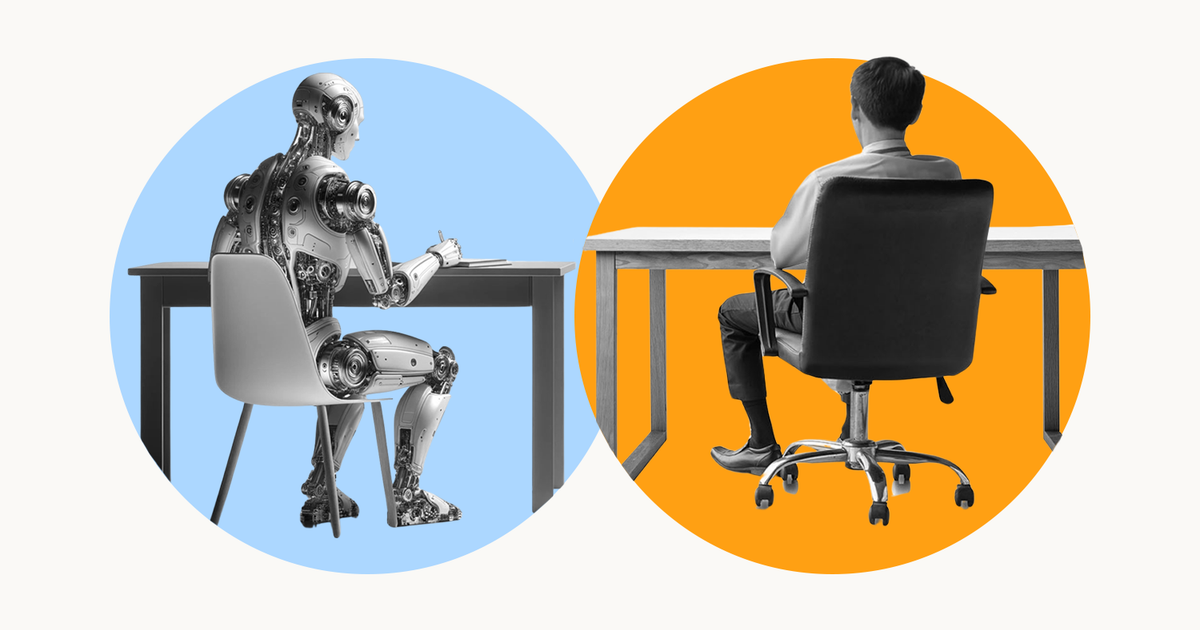
Quick-to-read HR news & insights
From recruiting and retention to company culture and the latest in HR tech, HR Brew delivers up-to-date industry news and tips to help HR pros stay nimble in today’s fast-changing business environment.
Janice Bryant Howroyd didn’t have a talent strategy when she started her company in 1978.
Howroyd, the CEO of workforce solutions firm ActOne Group, is the first Black female founder of a multibillion-dollar company. Over the last 40 years, she’s built her business and talent strategy from the ground up for her roughly 2,600 employees.
“I didn’t take the traditional journey of, ‘If you build it, they will come.’ Customers asked us to do more of what we were doing for them in new and different locations, and [in] new and different ways,” Howroyd told an audience at Indeed’s FutureWorks conference in Dallas, Texas on Sept. 26.
Over the course of her career, Howroyd has seen talent strategy evolve in a number of ways. She said she’s excited to see how AI will transform it in the years to come.
Culture at the center of talent strategy. Creating workforce solutions for thousands of client companies taught Howroyd the importance of matching candidates to a company’s culture.
“[We have to] be certain that we are hiring and looking for [a] culture fit for people. Skills we can teach, [but] talents, we cannot gift,” she said. “We can assure that people are placed well in emotional, and, I would say, enhancing cultures.”
This, she clarified, doesn’t mean hiring talent who are exactly like current employees, “because more of the same does not create a greater outcome.”
“When I speak of the cultural fit that we look for, it’s [about] how are we going to enjoy the spirit of innovation together in my company?” Howroyd said, adding that companies should commit one acronym to memory: “FEET.”
“Freedom to innovate, E is excellence in delivery, because everything and Everyone matters, invest the Time to understand,” she said.
How AI fits into the future of talent acquisition. Howroyd said she’s excited to see what AI will bring to the workplace, as long as it’s used ethically and responsibly.
“Let me tell you, AI’s name is Aisha, and Aisha can deliver strongly when she is fed good, healthy information,” Howroyd said. “AI does have the ability, the capacity and the unknown density to integrate into our lives…and we do have an ethical responsibility to ensure that we’re feeding the best and brightest information into it.”
Using candidate search platforms, like Indeed, Howroyd said companies can use AI to not only find talent faster, but, as it evolves and gets smarter, to match candidates based on culture fit.
“AI is allowing us now to match up a company’s brand [with] Gen X, and Gen Y, and [Gen] Z, and expect a certain type of relationship walking in. That’s been very different, because that cuts down on the cost of talent transition,” she said. “I think it’s remarkable that we’re able to do these kinds of things together.”
